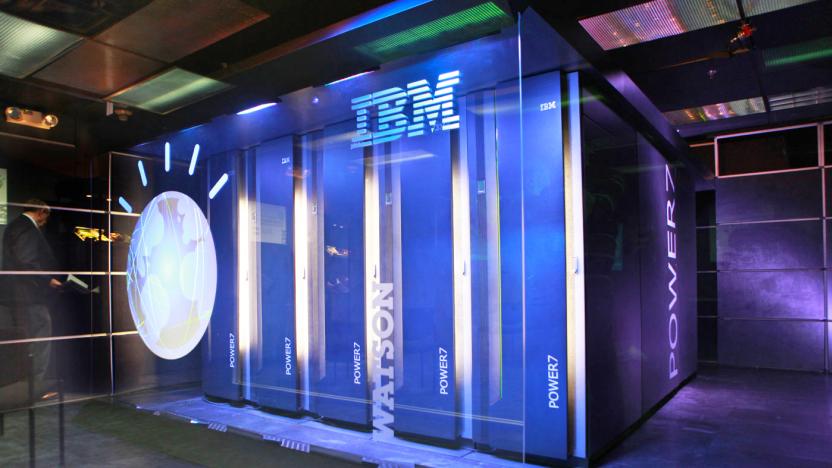PNAS
Latest

ICYMI: How cancer travels, true hoverboard and more
#fivemin-widget-blogsmith-image-226789{display:none;} .cke_show_borders #fivemin-widget-blogsmith-image-226789, #postcontentcontainer #fivemin-widget-blogsmith-image-226789{width:570px;display:block;} try{document.getElementById("fivemin-widget-blogsmith-image-226789").style.display="none";}catch(e){}Today on In Case You Missed It: MIT researchers discovered that cancer cells can unclump to squeeze through teeny capillaries, then reassemble as cancer clumps on the other side. Zapata Racing has a prototype of a real hoverboard that can fly just like the Green Goblin's, but only for 10 minutes at a time. And a smart toy for pets called PlayDate will let you play with your cat or dog remotely, by moving the ball around through an app and watching your pet's reaction. We also wanted you to see the video of some construction equipment in a Transformers-like battle, after the humans operating them got into some sort of argument and decided to settle it like Gladiators of road construction. As always, please share any great tech or science videos you find by using the #ICYMI hashtag on Twitter for @mskerryd.

Scientists built a book-sized, protein-powered biocomputer
Supercomputers are absurdly impressive in terms of raw power, but it comes at a price: size and energy consumption. A multi-university team of researchers might've sidestepped that, though, with protein-powered biocomputers. Lund University notes that where this should really be helpful is with cryptography and "mathematical optimization" because with each task it's necessary to test multiple solution sets. Unlike a traditional computer, biocomputers don't work in sequence, they operate in parallel -- leading to much faster problem solving.

Facebook used you like a lab rat and you probably don't care
Companies perform A/B testing -- minor site variants to see what users like or don't like -- all the time. Twitter does it with its experimental features, and sites like ours tweak designs for a sample of users to see which ones they prefer. In January 2012, researchers at Facebook did something like that too. When people heard about it last week, however, they were outraged. Facebook, in the course of the study, messed with users' emotions without explicitly letting them know about it. But as outraged as people are right now, it likely won't make a difference in the long run.


